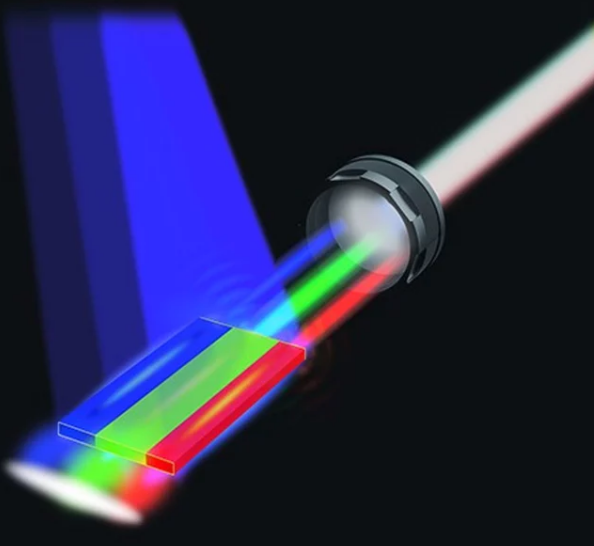By the German federal physical technology research institute (PTB), the United States joint laboratory astrophysics (JILA), the national institute of standards and technology researchers created two independent laser, each has its own method of silicon - perot cavity in the cloth, the laser line width only 0.01 Hz.This is a world record, far less than the usual kilohertz or megahertz specifications.

When cooled to 124 K, the sound of two lasers at the 194 THz working frequency (1545nm wavelength) is 5mHz.
The phase coherence time of these two lasers can reach 55 seconds.The thermal brown noise of the cavity limits the width of the laser.
Since there are no other lasers in the world that can be more precise, scientists working on such a collaboration must directly build two such laser systems.Only by comparing these two lasers can we prove the outstanding characteristics of emission light.
The core component of each laser is the 21cm long fabry-perot resonator.Use two silicon cones to keep the two mirrors at a fixed distance.
The stable electronic element ensures that the optical frequency of the laser always obeys the natural frequency of the resonator.
Lasers have been used for precise measurements.The new lasers are now used in PTB and JILA to further improve the quality of optical atomic clocks and new precision measurements for ultra-cold atoms.In PTB, the superstable light from these lasers has been distributed through the optical waveguide and then used by the optical clock of Brunswick.
PTB Thomas, one of the researchers, said: "in the future, plans to spread the light in the network in Europe. The plan will be allowed in Brunswick, clock and between Paris and London clock more accurate comparison."
In JILA, a similar plan is to distribute the lasers between the optical networks that connect JILA to the various NIST LABS.
The cooperative research scientists see the possibility of further optimization, which novel crystal glass layer and low temperature thermal noise can further reduce the interference, then the line width can even become less than 1 MHZ.

